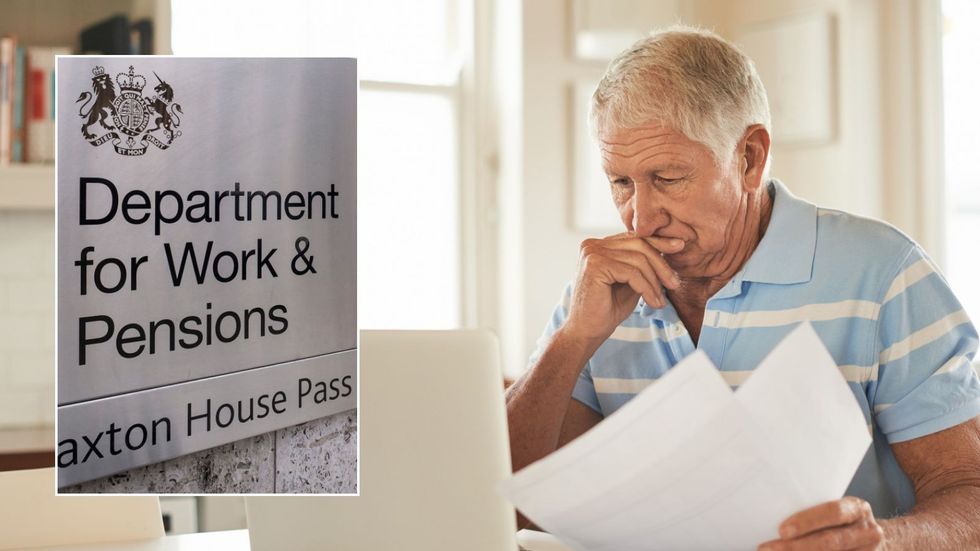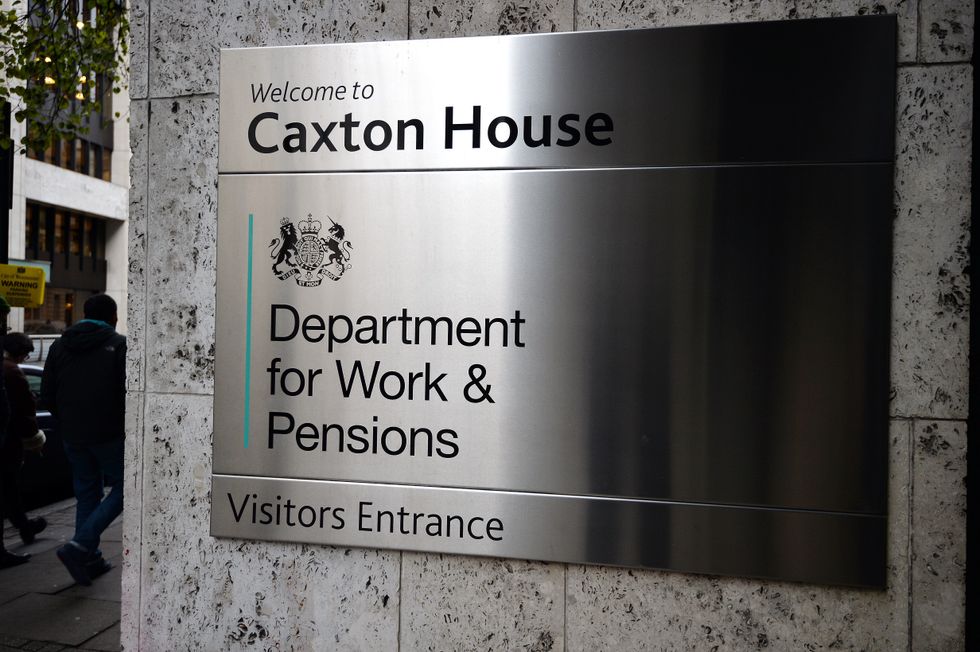The Department for Work and Pensions (DWP)has issued a new reminder for people approaching retirement age to check when they will be eligible to start claiming their state pension.
The age threshold is rising in the coming years, and those affected are being urged to confirm their entitlement timeline.
The DWP explained that people born between April 6, 1960, and March 5, 1961, to check when they will be eligible for their state pension.
The state pension age is set to increase from 66 to 67 starting next year, with the transition completing by 2028.
In a post on X yesterday , formerly Twitter, the DWP wrote: “Born between 6 April 1960 and 5 March 1961? Check today to find out what your state pension age will be.”

This change affects men and women equally across the UK and has been set in legislation since 2014
GETTY
This change affects men and women equally across the UK and has been set in legislation since 2014.
Those born on 6 April 1960 will reach the state pension age of 66 on 6 May 2026, whilst individuals born on 5 March 1961 will reach the state pension age of 67 on 5 February 2028.
People can verify their specific state pension age using the online tool available on GOV.UK.
The DWP has assured that everyone affected by changes to their state pension age will receive a letter well in advance. The online checking tool can be used by anyone of any age and is considered an essential part of retirement planning.
It’s worth noting that the state pension age may differ from the age at which people can access workplace or personal pensions.
The Pensions Act 2014 established a requirement for regular reviews of the state pension age at least once every five years.
These reviews are based on the principle that people should be able to spend a certain proportion of their adult life drawing a state pension.
 The DWP raises state pension payment rates every year via the triple lock PA
The DWP raises state pension payment rates every year via the triple lock PA
A further increase from 67 to 68 is already scheduled to take place between 2044 and 2046. A review of this planned rise is due before the end of this decade, originally scheduled for 2026.
Any review will consider life expectancy alongside other relevant factors. Following a review, the Government may propose changes to the state pension age, but these would require Parliamentary approval before becoming law.
The full rate of the new state pension is £230.25 a week, although not everyone is entitled to this amount. Men born before April 6, 1951, and women born before April 6, 1953, receive a basic State Pension, and this is £176.45 per week.
People typically need at least 10 qualifying years of National Insurance contributions to receive any state pension and at least 35 years for the full new state pension, though these don’t need to be consecutive years.

People typically need at least 10 qualifying years of National Insurance contributions to receive any state pension
GETTY
Alice Haine, personal finance analyst at Bestinvest by Evelyn Partners, said: “Plugging gaps can be quite an expensive process, so it is important to assess whether you actually need to buy back any missing years.”
Since April last year, the Government has rolled out new NI payment services including a state pension forecast tool that has been checked by 3.7 million people since its launch.
Haine added: “People who might need to top up include those that took a career break as well as low earners or expatriates living and working abroad.”
